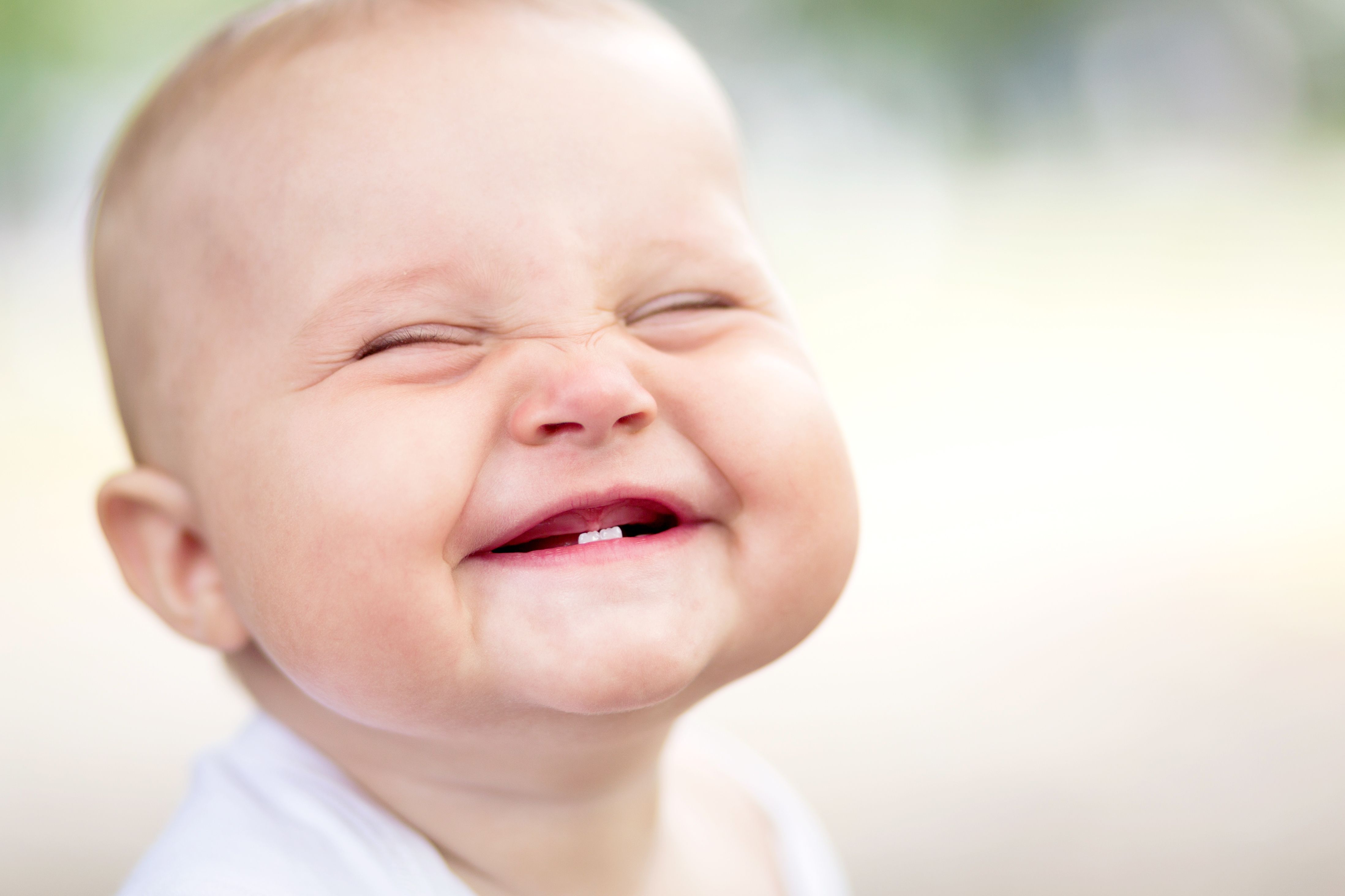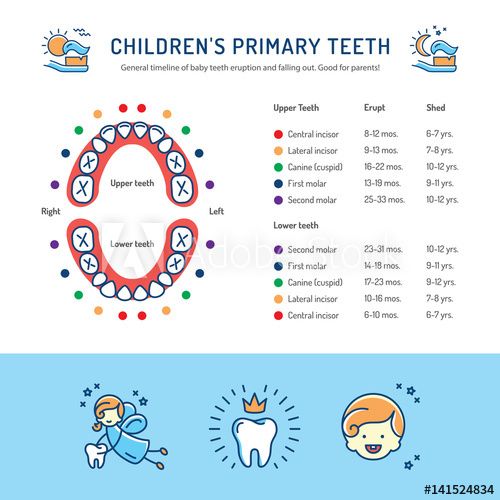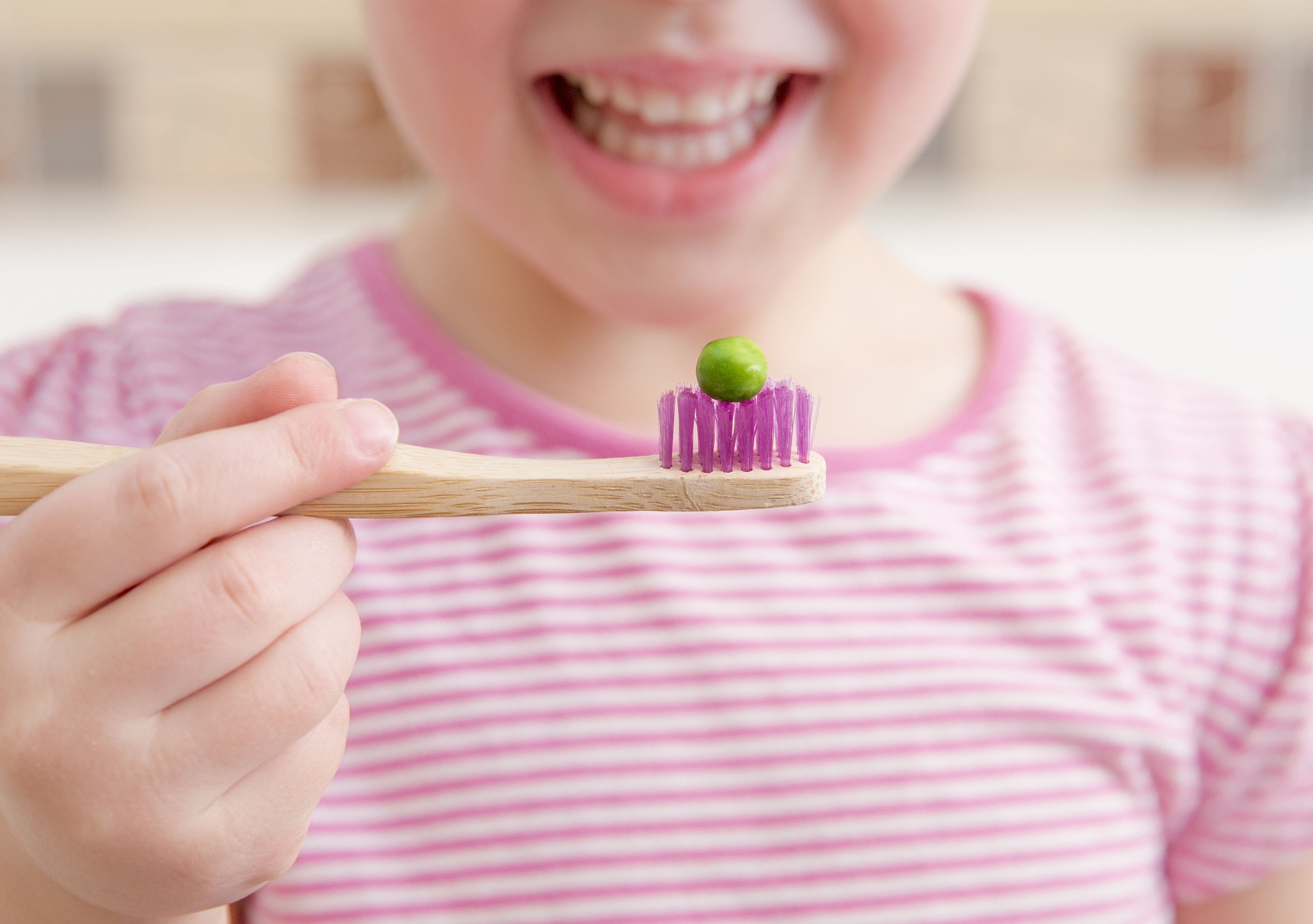Are Primary or “baby” teeth really that important?

Primary or “baby” teeth as they are commonly called are needed for more than a beautiful smile. They are used for not only chewing food, but they are important in speech development. They also aid in developing a path for the permanent teeth to follow when they begin to erupt.
Eruption of your child’s teeth
A baby’s teeth start to come in when the baby is about six to ten months of age. The first primary (or baby) teeth erupt through the gums are the lower, front teeth, followed closely by the upper front teeth. The upper front teeth begin to appear about eight to twelve months of age. The last tooth to erupt is usually the upper second molars which usually appear between the ages of 25 to 33 months of age. By the age of three, most children have a full set of 20 primary (baby) teeth, 10 on the top, and 10 on the bottom. The chart gives the names of the baby teeth. It also shows when each tooth usually comes in and falls out. However, not all children get the same teeth at the same time.

Oral care & brushing techniques

Starting at birth, the infant’s mouth needs to be cleaned. Start with a soft cloth or a soft infant toothbrush and water. Begin cleaning your baby’s gums twice daily. Once in the morning and at bedtime or before the last feeding. There are several fluoride-free infant toothpastes available on the market and you will need to use a “smear” of the toothpaste. Discuss with your pediatric dentist about the differences between fluoride and fluoride-free toothpastes and their recommendations. As the first tooth begins to erupt you can introduce fluoride-free toothpaste and a wet toothbrush to your child. Begin brushing two times a day as soon as you see the first tooth appear. Once your child is two years old, you can begin to use a pea-size amount of fluoride toothpaste on the appropriately sized toothbrush. Always have the child spit out any excess toothpaste. We recommend parents assist with nighttime brushing until age 8.










